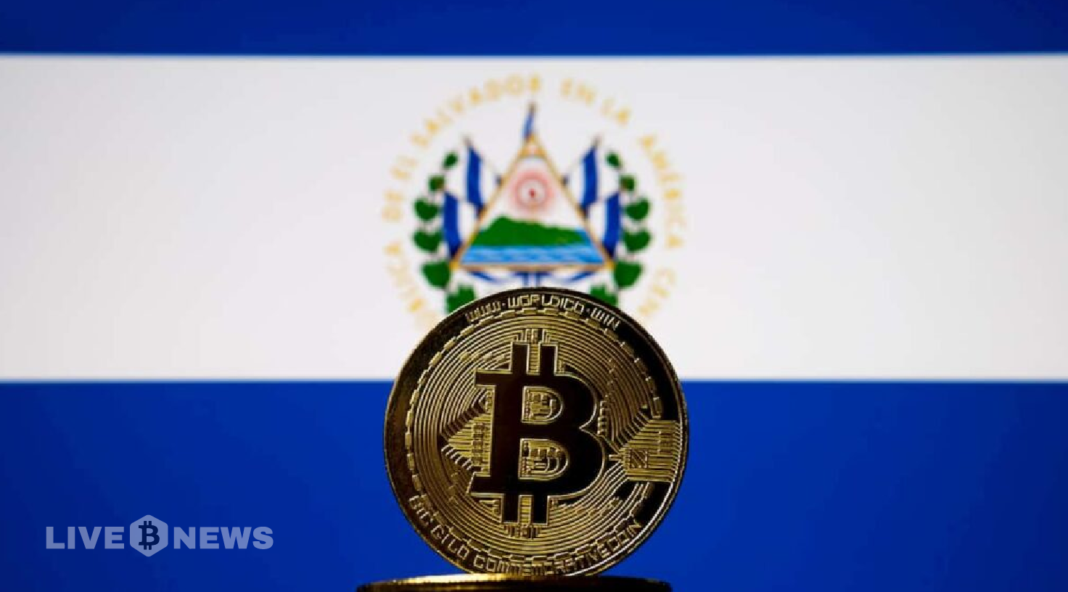The International Monetary Fund (IMF) has once again urged El Salvador to reconsider its Bitcoin policies. During a press conference on October 3, IMF spokesperson Julie Kozack reiterated the organisation’s stance on Bitcoin, according to Reuters. She recommended that El Salvador narrow the scope of its Bitcoin law. This would strengthen the regulatory framework and limit the public sector’s exposure to Bitcoin.
It is not the first time for the country to receive such a call from the IMF. This is not the first time the IMF has recommended that El Salvador, which adopted Bitcoin as legal tender in September last year, abandon the cryptocurrency. In previous statements, the IMF has called on El Salvador to adopt a more conventional form of financial system. In August 2024, the IMF provided the same concerns but stressed that the problems linked to the adoption of Bitcoin have not emerged entirely.
Indeed, the IMF has been quite vocal about its dislike for Bitcoin. As central fiat currencies are depreciating worldwide, the IMF has increased its criticisms towards, Bitcoin. At the same time, more and more people and some nation-states are using Bitcoin as an alternative to the unstable fiat money.
IMF Urges El Salvador to Shift from Bitcoin to Central Bank Digital Currencies
In 2023, the IMF advised Andorra on the proper way of accounting for Bitcoin transactions. Earlier in 2024, the organization suggested that Pakistan introduce a capital gains tax on cryptocurrency in exchange for a $3 billion loan. Later, the IMF suggested imposing a fee for energy consumption by crypto miners, which would increase the energy price for miners by 85%. This proposal would target an industry that is still reeling from the effects of increasing mining difficulty and post-halving economic impacts.
While the IMF has remained very skeptical of Bitcoin, it has been very vocal in promoting central bank digital currencies (CBDCs). In September, the IMF came up with the REDI framework for CBDC development. REDI is an acronym that refers to regulation, education, design, and incentives, and it is meant to help make CBDCs more appealing to central banks and the public.
At the same time, the IMF has not changed its anti-Bitcoin position and last year encouraged such countries as El Salvador to minimise their activities related to Bitcoin and switch to central bank digital currencies.



